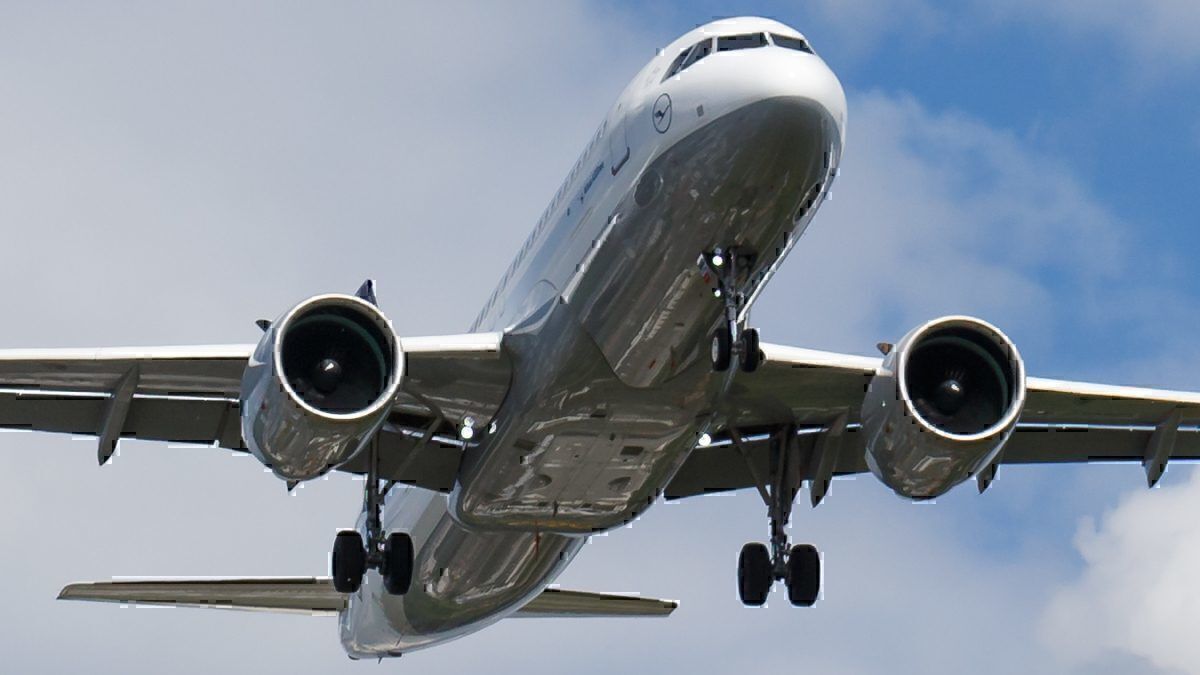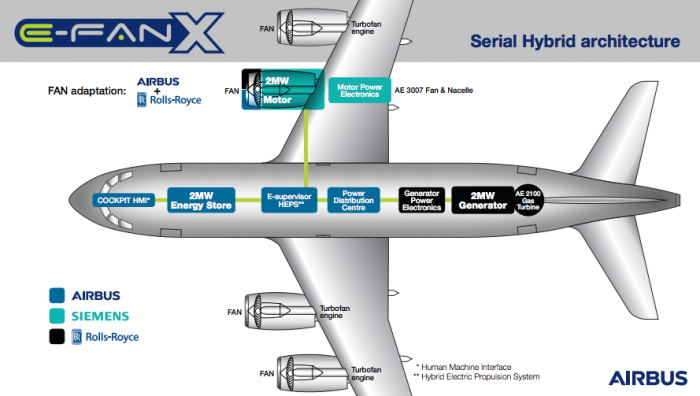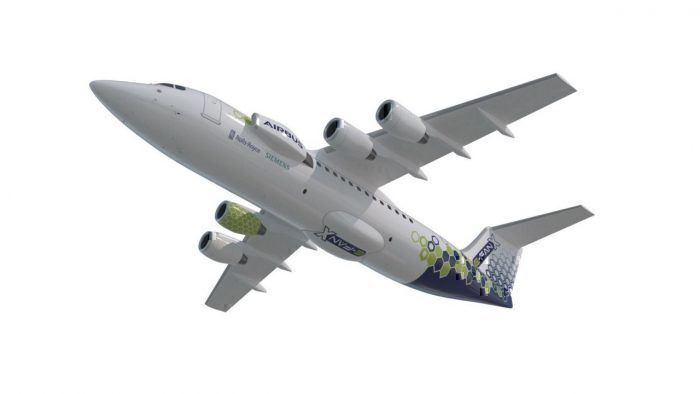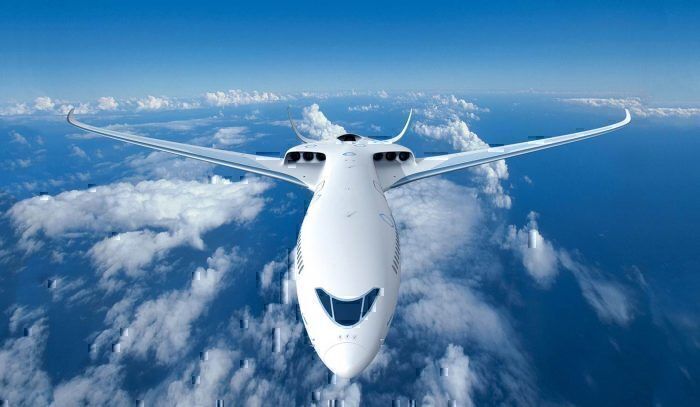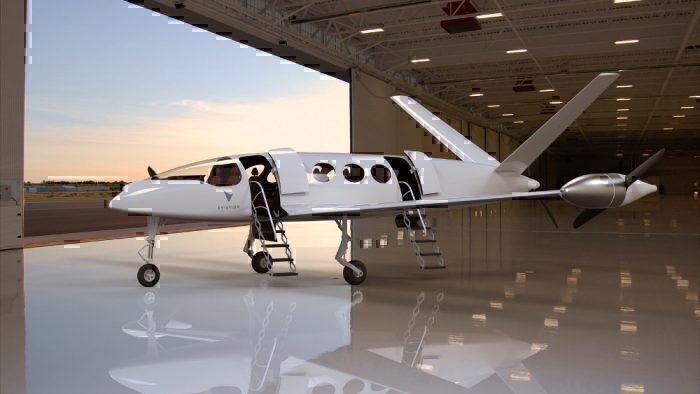Airbus have reaffirmed their commitment to reducing the carbon footprint of aviation. In a Bloomberg report, the European plane maker has said they want to develop the world’s first hybrid electric airliner, a version of the A320neo.
With so much of the public focus on climate change right now, the aviation sector is under increasing pressure to develop a solution to the problem of CO2. Although air travel gets a bad rap for its impact on the environment, much is already being done to address the issues.
Currently, aviation is responsible for just 2% of all man made CO2 emissions, and 12% of CO2 emissions from transport sources. That’s according to the Air Transport Action Group (ATAG). This is largely because modern jets are in the region of 80% more efficient than those in use in the 1960s.
While some airlines are turning to more sustainable jet fuels to help reduce their impact on the environment, Airbus want to take things a step further. According to Bloomberg, they’re considering developing the world’s first hybrid electric airliner as the successor to the popular A320neo.
How would a hybrid A320 work?
Developing a hybrid is far more achievable at this point in time than attempting to develop a fully electric aircraft. Airbus have already been working on an electric engine for their planes, with a product known as the E-Fan X.
The E-Fan X is being developed in conjunction with Rolls Royce and Siemens and is almost ready for testing. Initially, it will be attached to a BAe 146, a small regional jet with four Avco Lycoming ALF 502 turbofan engines. One of these engines would be replaced with the E-Fan X, with the potential to replace a second if initial tests prove positive.
The gas jet engines would still be used for takeoff and climb, as well as some of the travel. Descent could be done on electric only. Airbus predict that the E-Fan X will lower fuel burn by double digits, as well as reducing noise particularly on landing. The challenge now for Airbus is to test this technology, then figure out how it could be scaled up to power an A320.
The European manufacturer has been quite outspoken on their interest in hybrid aircraft. Last month, they announced a partnership with SAS to undertake hybrid and electric aircraft infrastructure and requirements research. Within this, Airbus and SAS are looking at things like ground infrastructure, charging and operational challenges to bringing either a hybrid or full electric aircraft to market.
The ultimate goal, from Airbus’ point of view, is to develop a 100% clean, fully electric aircraft. While that may be a way off yet, the potential for a hybrid within the next 15 years is a much more realistic possibility.
When could we see an electric passenger jet?
We’re already seeing electric aviation products coming to market. Just this week, a Californian start up successfully flew a hybrid aircraft, and I’m hoping to check out Eviation Alice at the Paris Air Show next week. However, in order to evolve this technology into something as big as an A320 won’t be easy.
Even so, it seems that Airbus are confident that the technology will be ready in time for the A320neo refresh, in around 2035. The E-Fan X could be taking to the skies as early as next year, so the technology is moving along fast. Airbus clearly believe that scaling it up for a larger single aisle plane isn’t beyond their reach. But, there could be challenges in getting carriers to take it up too.
Airlines would certainly be keen on the efficiency improvements but may have to take a hit in terms of range and capacity, at least to start with. If you remember the very first electric cars, they were small and couldn’t go far; the situation is likely to be similar with aircraft, although it’s encouraging to see how fast that all changed.
Heathrow airport has tried to incentivize the production of cleaner aircraft by offering free landing fees for a year to the first hybrid electric plane. Perhaps that position will be taken up by Airbus and the all new hybrid A320?

